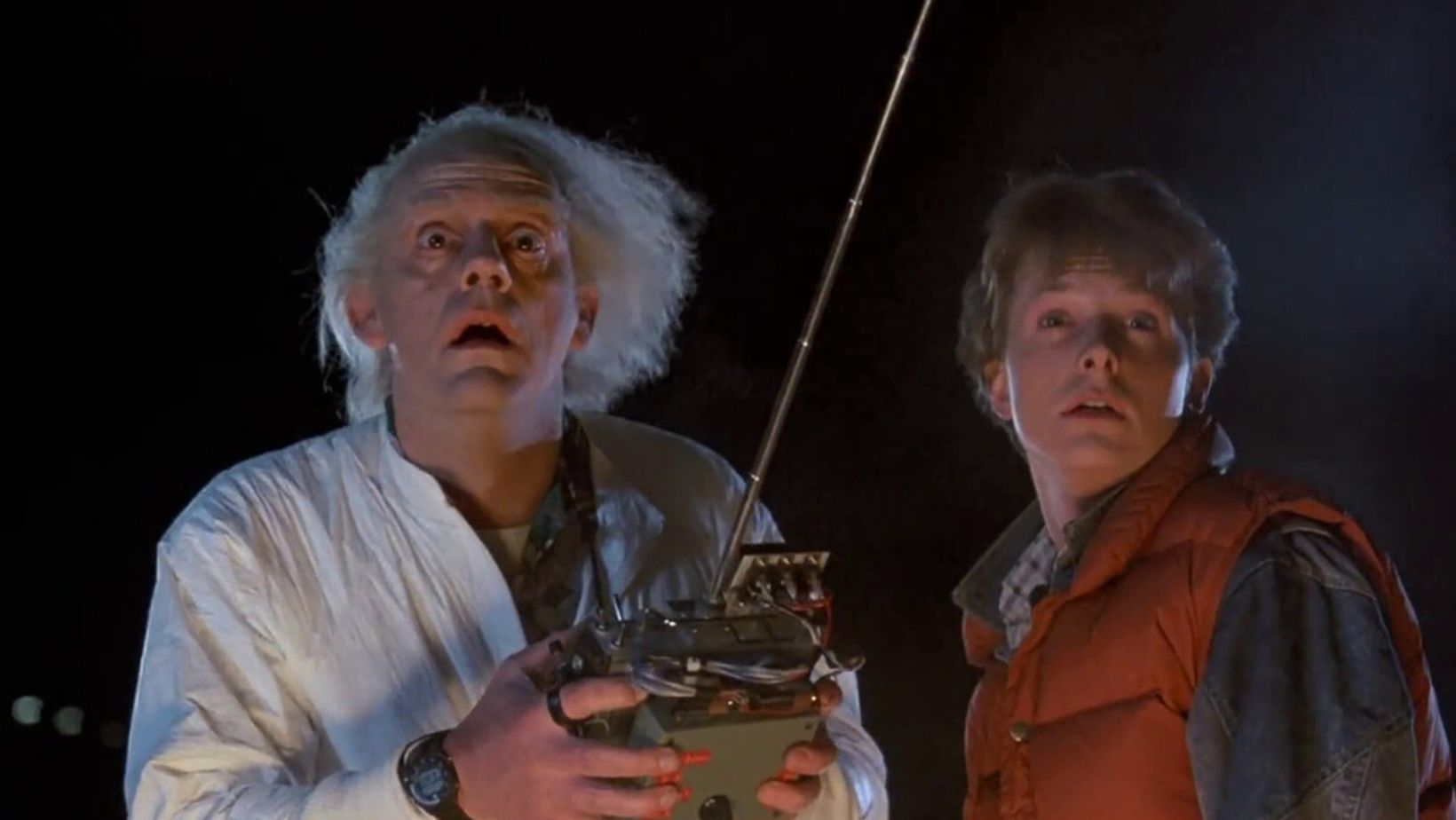Avid followers of science fiction may be all too familiar with the concept of time travel, wormholes, and teleportation. Now, it seems the boundaries between the realms of imagination and reality are blurring.
Renowned physicists Valeri P. Frolov and Andrei Zelnikov from the University of Alberta in Canada and Pavel Krtouš from Charles University in Prague, drawing inspiration from the world of law, have reportedly discovered a possible ‘loophole’ in the known laws of physics, which might potentially pave the way for time travel.
Both theoretical physicists and lawyers share a rather unique bond; they devote a significant amount of their time looking for inconsistencies and loopholes within their respective domains that could be manipulated to their advantage.
“We can’t necessarily get you out of a traffic ticket, but we might have just found a way to send you back in time to ensure you didn’t speed in the first place,” the researchers jokingly remark.
What lies at the center of this breakthrough discovery are wormholes, theoretical passages or shortcuts through spacetime, that are not universally recognized attributes of our cosmos.
Despite their elusive nature, these phenomena have intrigued scientists for nearly a century, who hypothesize that the twisting and bending of spacetime, as prescribed by the theory of relativity, might allow for quantum ripples or even whole particles to break free from their locality.
Their research could open up possibilities previously relegated to the pages of science fiction. Imagine human-sized masses traversing light years to cross galaxies in the blink of an eye or moving through time as effortlessly as one would navigate their own kitchen.
For the uninitiated, wormholes can be described as spacetimes in which a “kind of tunnel exists connecting distant parts in the universe”.
The main problem with them is… they don’t actually exist. At least not in any tangible way.
As Drs Eric Christian and Louis Barbier put it in an explainer for NASA: “Wormholes are allowed to exist in the math of ‘General Relativity’, which is our best description of the Universe.
“Assuming that general relativity is correct, there may be wormholes. But no one has any idea how they would be created, and there is no evidence for anything like a wormhole in the observed Universe.”
Still, numerous experts in the field of gravitation and general relativity have spent years or even decades working on them, including Stephen Hawking in his time.
For their paper, Frolov, Krtouš, and Zelnikov explored what is known as a ring wormhole, which was first described in 2016 by theoretical physicist Gary Gibbons, of Cambridge University, and Mikhail Volkov of the University of Tours.
Unlike the spherical contortions of spacetime we might attribute to black holes, the ring wormhole proposed by Gibbons and Volkov connects sections of the universe (or, indeed, different universes) which are generally described as “flat”, as ScienceAlert notes.
Ring-shaped masses could potentially create some pretty remarkable distortions in what would otherwise be flat spacetime if you consider how their electrical and magnetic fields might interact.
And so Frolov, Krtouš, and Zelnikov decided to consider two types of such wormholes: “a wormhole connecting to flat spaces; and a wormhole connecting two distant domains in the same space”.
For the latter, they concluded that if a “massive thin shell” surrounded one of the mouths of the ring wormhole, a “closed timelike curve” would form.
This, as the name suggests, would mean that any travelling object (or ray of light) would come back to the exact same point whence it began.
In other words, you could travel in space and time and return to your point of departure.
Now, before you start calling yourself Marty McFly or making a list of all the past mistakes you’d like to correct, we should stress that we’re a long way off seeing the creation of a bonafide, buckle-your-seatbelt time machine.
But at least, thanks to the efforts of experts like Frolov, Krtouš, and Zelnikov, we’re at least one step closer to going back in the future.
-
NEWSLETTER
Subscribe for our daily news










